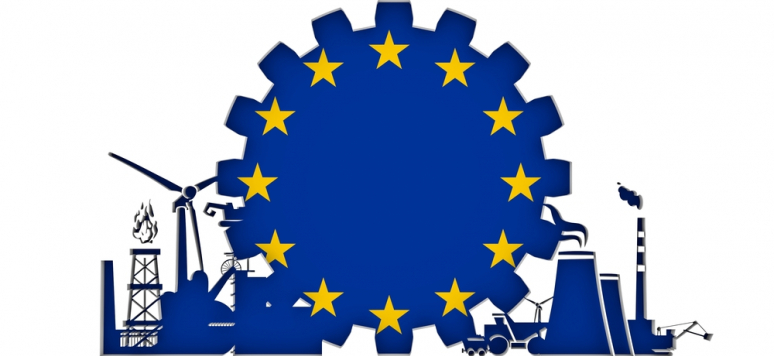The European Green Deal in Central and Eastern Europe – quo vadis in times of crises

Practical information
Themes and regions
Related centers and programs
Despite some shouting and hiccups here and there, the European Green Deal has become the common framework for any discussion on energy and climate in Europe.

The Covid-19 crisis, through the Next Generation EU response, and the war in Ukraine, through the REPower EU plan, have reinforced the message that the security of supply means accelerated decarbonization in Europe. The Czech presidency of the Council was hailed as a “top scorer” by the EU Green Deal chief Frans Timmermans and enabled major progress on key dossiers together with the European Parliament, such as the rehaul of the EU carbon market to be delivered under Fit for 55.
This event will explore the perceived implications of the Green Deal and its Fit for 55/Repower EU packages in Central and Eastern EU Member States, and how they compare to those in North-western Europe, and what new lines of fragmentation, opposition, or cooperation and cohesion appear. It will also question whether implementation follows/ is expected to follow the talk in Brussels and what the EU can do to facilitate it? How will CEECs position themselves on key files in 2023 such as electricity market design, industrial policy, renewables ramp up, gas decarbonization package, and EU funding?
AGENDA
8:30-09:00 : Welcome coffee & breakfast
09:00-09:05 : Welcome remarks by Marc-Antoine Eyl-Mazzega, Director of Ifri's Center for Energy & Climate
09:05-09:15: Introductory remarks by the Permanent Representation of the Czetch Republic to the EU : Assessment of agreements reached under FF55 in 2022 and direction of EGD in CEECs. Perspectives on 2023 agenda
09:15-10:00 : "Responses to the crises and capacity & willingness to accelerate decarbonization and foster energy security", Rountable discussion whith:
Eero Ailio, DG ENER, Adviser on Energy transition and local governance
Jakub Cernohorský, Energy Attaché, Permanent Representation of the Czech Republic to the EU
Ryszard Pawlik, Adviser to MEP Jerzy Buzek
Mihnea Catuti, Head of Research, Energy Policy Group
Dr Aleksandra Gawlikowska-Fyk, Director of Power Sector Program, Forum Energii
10:00-10:30 : Discussion and Q&A




